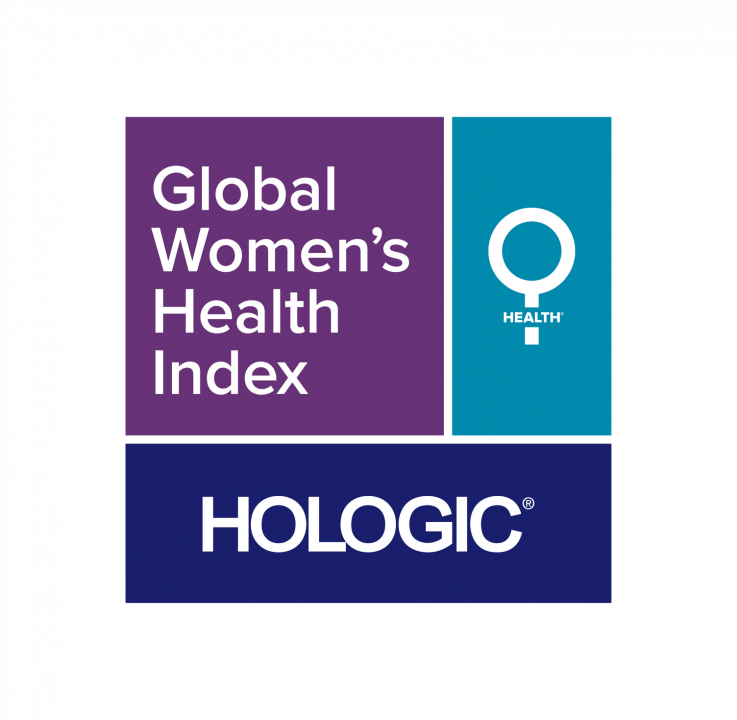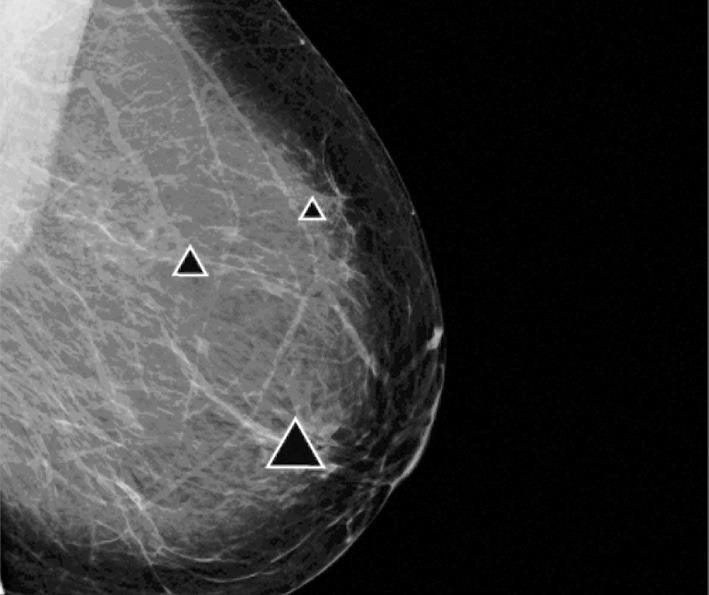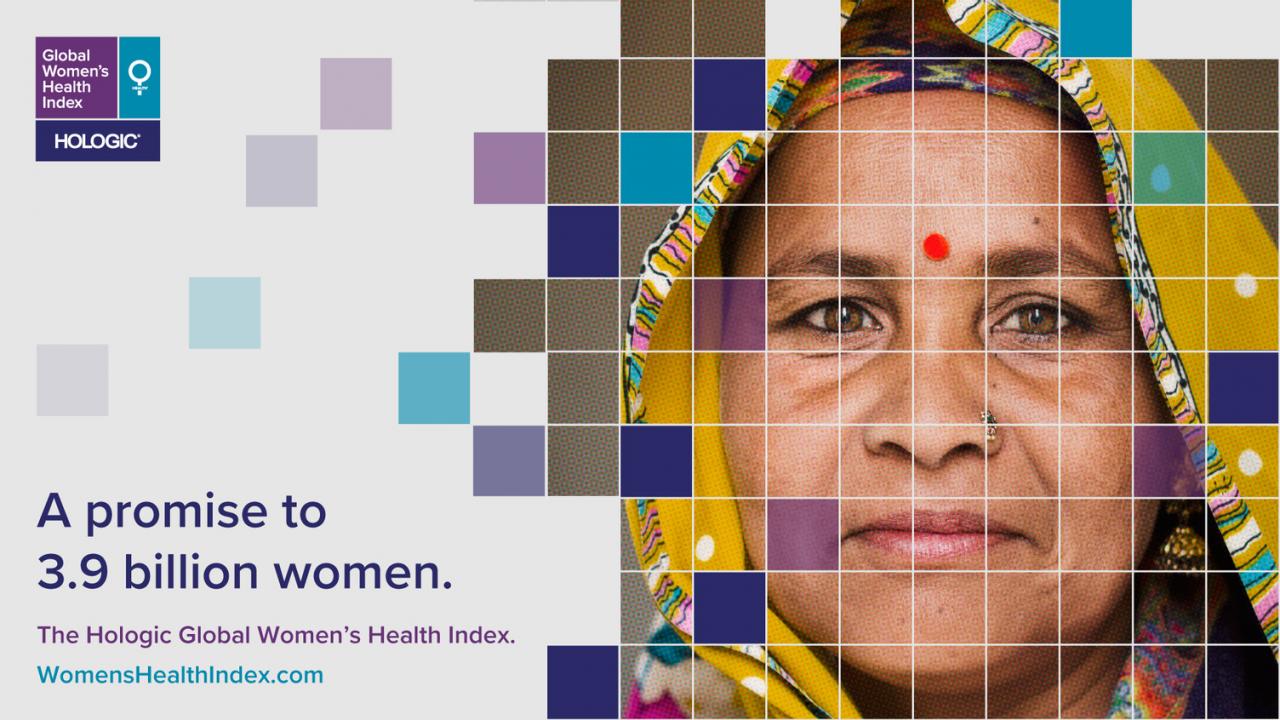
What is the Hologic Global Women’s Health Index?
Hologic, a leader in women’s health, launched ‘The Index’ in 2020, benchmarking the health of approximately 2.5 billion women and girls across the globe. In partnership with Gallup, it is the largest comprehensive health survey in the world. The Index ranks countries between 1 and 100, with higher scores indicating a more positive health and healthcare experience for women.
The study looks at five dimensions of women’s health which account for 80% of the variance in female life expectancy, one of which is preventative care. With over 36 million data points, it documents the status of women’s health and will track changes both over time and by country, now and for several years to come, highlighting Hologic’s commitment to gathering robust data on women’s health outcomes. This will enable governments across the globe to determine priorities and identify and implement appropriate solutions.
Overall, the UK ranked 12th in the Index – demonstrating strong leadership in women’s care, thanks to the UK’s unique universal healthcare system. However, when it comes to the preventative care dimension, it’s clear there’s work to be done, with the UK ranked 70th in the world.
Unlocking greater access to preventative care
The findings of the Index highlight the need for greater access to preventative and early diagnostic care, which can be practically evidenced through increased uptake of screening (such as breast cancer screening) and improved access to available treatments. Research shows that breast cancer is the most common cancer in the UK.[i] Driving awareness of breast cancer, increasing understanding of the risk factors, and educating women on the importance of attending screening when eligible is key to advancing earlier detection of cancer.
Low screening rates
While breast cancer screening can’t prevent cancer, it can help to detect the disease much earlier, improving treatment options and survival rates. In the UK, breast screening attendance is still lower than the NHS target of > 70%.[ii] The NHS stipulates that women aged between 50-71 should be screened every 3 years, and this has been a persistent challenge for many years.[iii] Data shows a range of screening attendance across the country, and although screening rates were high in certain areas such as the East Midlands with 77% attendance, in areas such as London, only 67% people attended screening.[iv] In the fight against breast cancer, improving screening uptake and reducing inequalities are important steps to help deliver one of the NHS Long Term Plan aims ‘to support people keeping healthier for longer’.[v]
How has a lack of knowledge about risk factors for breast cancer impacted screening?
Alongside the Hologic Global Women’s Health Index, the company’s additional research highlighted women’s knowledge around breast cancer risk factors does play a part in a woman’s engagement in screening programs. For example, one of those important risk factors is having dense breasts. The EU breast density guidelines define dense breasts as the proportion of breast tissue compared to fat in the breast.[vi] Women with dense breasts are up to six times more likely to develop breast cancer, making it a significant risk factor.[vii] Data from the survey revealed that 31% women don’t know what dense breasts are and if it is a positive or negative concept.
Educating women on the symptoms of breast cancer, the risk of dense breasts, and the importance of screening is key to reducing screening hesitance amongst women and ultimately saving more lives. Since mammograms deploying breast density software are the sole way to detect breast tissue, improving screening attendance is vital.

Inspiring change
Preventive and early diagnostic care are two of the most important, controllable factors in women’s health. We urge leaders and governments to use the data from the Hologic Global Women’s Health Index to guide the development of health strategies and preventative care pathways that can mitigate the worse impacts of diseases such as cancer.

For more information visit: https://hologic.womenshealthindex.com
[i] Cancer Research UK [Internet] Breast cancer statistics England; 2021. [cited 2022 April 26] Available from: Breast cancer statistics | Cancer Research UK.
[ii] NHS Health Research Authority. Exploring women’s views on attendance for breast screening [internet] England; 2015. [Cited 2022 May 31] Available from: Exploring women’s views on attendance for breast screening - Health Research Authority (hra.nhs.uk).
[iii] NHS. [Internet] When you’ll be invited for breast screening and who should go England; 2021. [Cited 2022 May 16] Available from: When you'll be invited for breast screening and who should go - NHS (www.nhs.uk).
[iv] Nuffield Trust. [Internet] Cancer Screening England; 2021. [cited 2022 May 31] Available from: Cancer screening | The Nuffield Trust.
[v] NHS [Internet] Prevention England, 2021. [cited 2022 May 20] Available from: NHS Long Term Plan » Prevention.
[vi] European Commission. [Internet] Additional screening tests for dense breast (summary information for women) 2022. [Cited 2022 April 19] Available from: Additional screening tests for dense breast (summary information for women) | ECIBC (europa.eu).
[vii] Prevent Breast Cancer. [Internet] Understanding breast density and cancer risk England. [cited 2022 May 22] Available from: Breast Density and Cancer Risk | Interview | Prevent Breast Cancer UK.


















